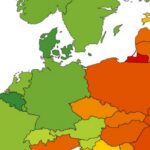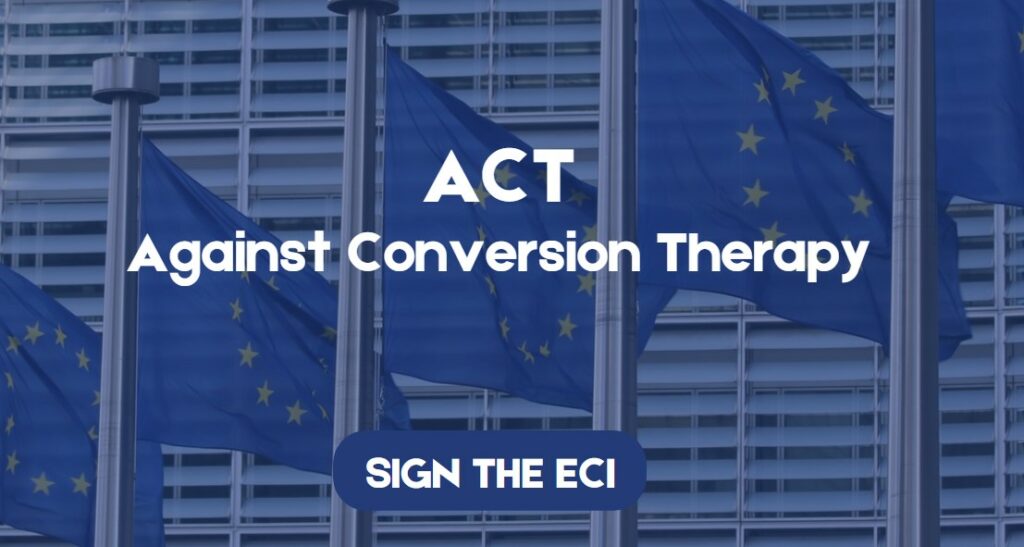A major milestone for LGBTQIA+ rights has just been reached in Europe: a European Citizens’ Initiative (ECI) calling for a ban on so-called “conversion therapies” targeting LGBTQIA+ people has gathered over one million signatures-the threshold needed for the European Commission to formally consider the proposal. But what exactly does this mean, and what happens next? Here’s what you need to know.
What Is Conversion Therapy?
Conversion therapy-sometimes called “reparative therapy”-refers to a range of practices that claim to change a person’s sexual orientation or gender identity. These methods can include talk therapy, exorcisms, “boot camps,” medication, and even electroshock treatments. Despite the name, these practices have no scientific basis and are widely condemned by health organizations worldwide.
The World Health Organization declassified homosexuality as a mental illness in 1990, and trans identities in 2019. Yet, conversion therapies persist in some places, often promoted by religious groups, unregulated practitioners, or even family members. Victims-often young people-can suffer long-term psychological and physical harm, including depression, anxiety, suicidal thoughts, and trauma.
The European Citizens’ Initiative: How Does It Work?
The ECI is a unique tool that allows EU citizens to directly influence European policy. If an initiative collects at least one million signatures from citizens across at least seven EU countries, the European Commission must respond and consider possible action. However, the Commission is not legally obliged to turn the initiative into law-its response can range from proposing new legislation to explaining why it won’t act.
What’s Happening Now?
The ECI to ban conversion therapy, supported by organizations like Against Conversion Therapy (ACT), has now met the signature requirement. This means the Commission will review the proposal and must issue an official response.
While the ECI itself isn’t binding, it comes at a time when momentum is building for stronger LGBTQIA+ protections in Europe. In September 2024, European Commission President Ursula von der Leyen tasked a new Commissioner for Equality with developing a post-2025 strategy focused on LGBTQIA+ rights-including a specific emphasis on banning conversion therapies. This marks the first time the EU has signaled a commitment to pursue an EU-wide ban as part of its equality agenda.
Where Is Conversion Therapy Already Banned?
Currently, only eight EU countries have a national ban on conversion therapy: Belgium, Cyprus, France, Germany, Greece, Malta, Portugal, and Spain. In some countries, bans exist only at the regional level, and in others, proposed laws are still under debate. This patchwork approach leaves many LGBTQIA+ people unprotected across the EU.
Why Does This Matter?
Conversion therapies are not only ineffective-they are dangerous. Survivors report lasting psychological scars, including shame, self-hatred, and loss of self-esteem. Leading health and human rights organizations, including the United Nations, have called for these practices to be banned worldwide, describing them as potentially amounting to torture.
Young people are especially vulnerable. Exposure to conversion therapy has been linked to higher rates of depression, anxiety, PTSD, and suicide attempts. The European Parliament has repeatedly condemned these practices and called for a ban across all member states.
What Happens Next?
The European Commission will now review the ECI and must formally respond. While it could propose new EU-wide legislation, this would require agreement from all member states-a process that can be slow and politically challenging. However, the growing political and public support for a ban, combined with the Commission’s new equality strategy, could make real change possible in the coming years.
Vous aimerez aussi
-

Queens of the South: When Nice Turns Carnival into Queer Celebration
On 27 February 2026, Place Masséna in Nice will shimmer a little brighter. Lou Queernaval,
-

Cœur de pirate at AB: the runaway pop of a queer icon lands in Brussels
A major figure in Francophone pop and an outspoken voice in the queer community, Cœur de pirate
-

Safer on Paper, Not in Reality”: ILGA Warns of Rising Anti-LGBTQIA+ Violence in Belgium
Belgium still ranks among Europe’s most protective countries for LGBTQIA+ people on paper – yet
-

“March Is for the Queers”: Why You Should Put Queer March Ghent 2026 on Your Radar
Every March, Queer March turns Ghent into a month-long celebration of queer life, resistance, and
-

Six Charming Princes for Three Castles: LGBT Couples Rebuilding France’s Fairy‑Tale Landscape
First, there were princesses in towers waiting for some vaguely straight prince on a horse.

